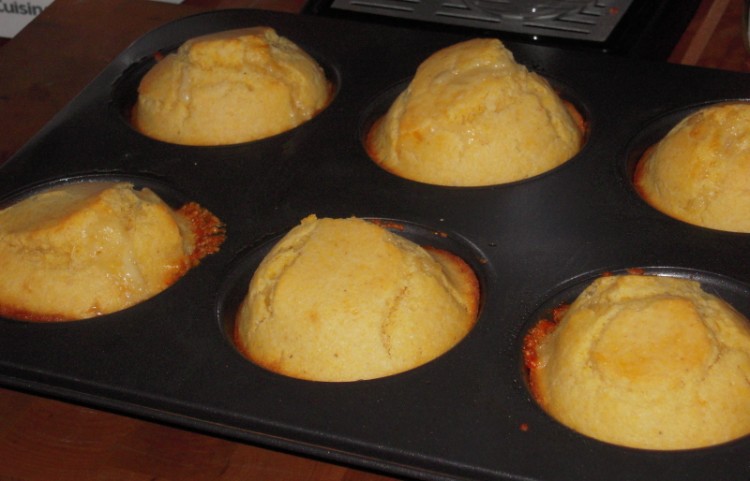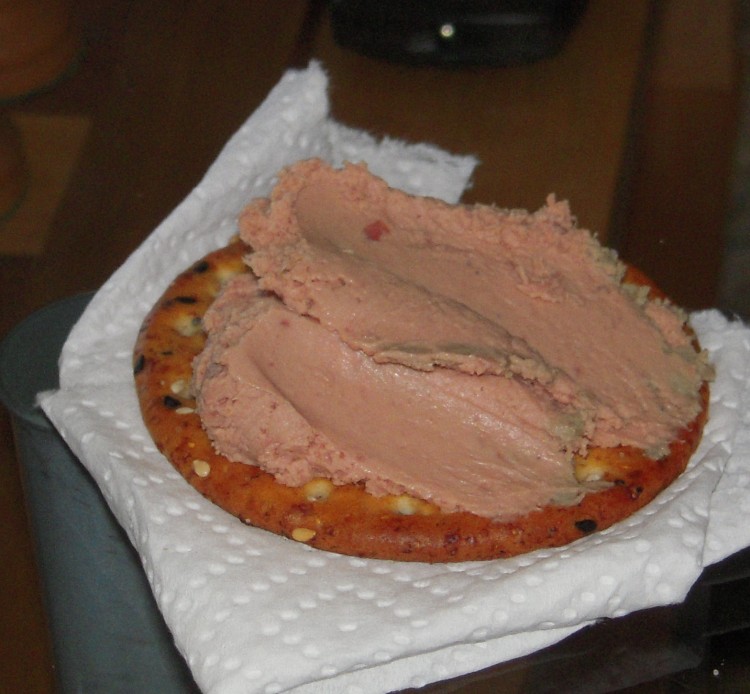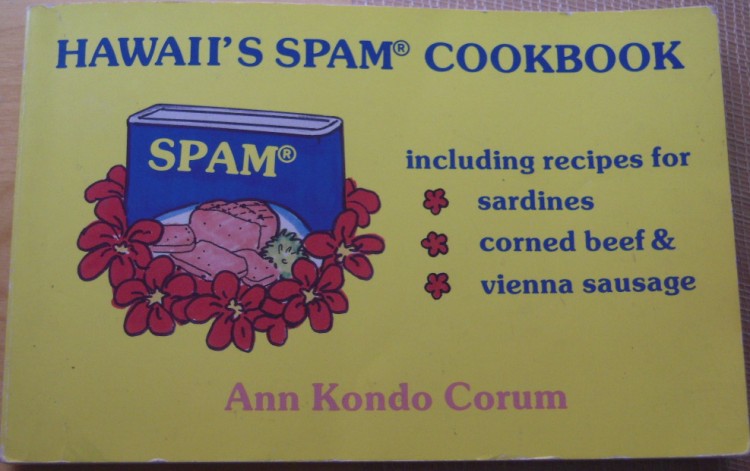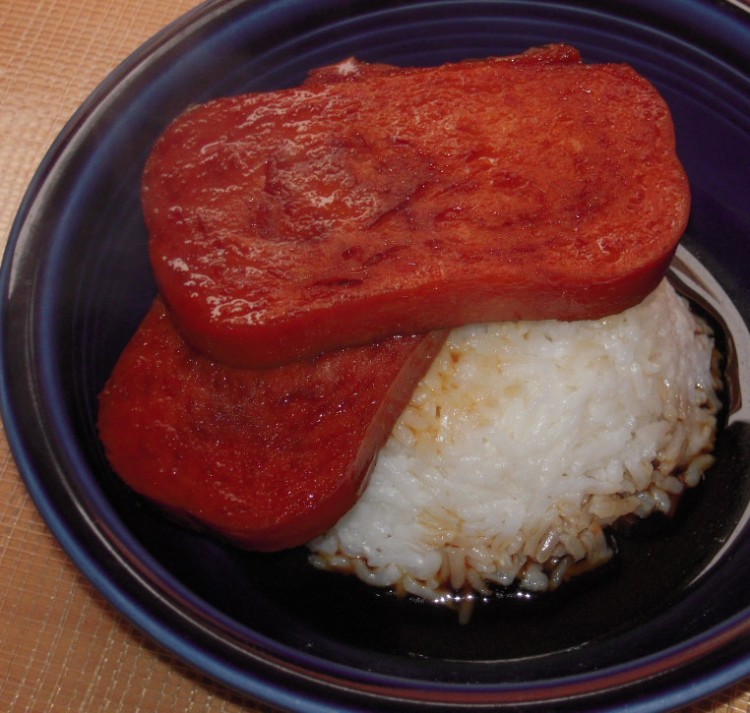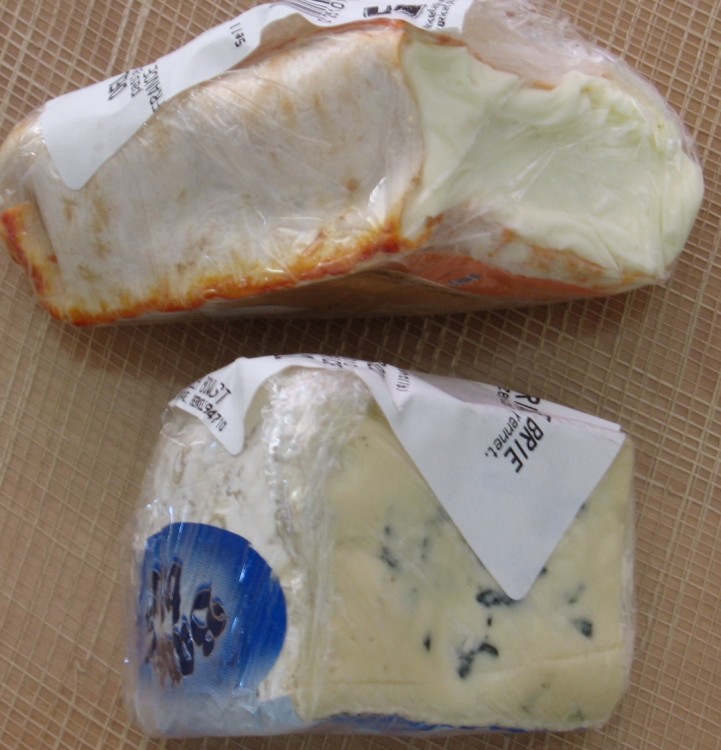
Bavarian Blue and Delice D’Argental
Although I buy most of my cheese at Costco (my Costco has an amazing selection of cheeses) and Trader Joe’s, where the prices are low and you can buy small amounts, which you cannot do at Costco, I’ll pick up cheese that calls out to me from places like The Cheese Board or Berkeley Bowl, and just grin and bear the cost in the name of doing right by local non-chain merchants.
Berkeley Bowl West has a nice cheese counter, so I purchased a piece of Bavarian Blue (marked “Bavarian Blue Brie” on the store label) for my mother, and a small cut of Brebirousse D’Argental, because it looked creamy and runny and had a nice funky smell through the plastic. It also had an orange rind.
Bavarian Blue is mild and creamy, being made with cow’s milk with added cream. It’s not nearly as rich as triple-creams like Castello or Cambozola, nor strong like Stilton, so it’s good for people who want a hit of blue cheese flavor in a soft texture.
I have not had Brebirousse D’Argental before. This is a washed rind sheep’s milk cheese from the Lyon region of France that ripens soft and runny. Even though it’s made from pasteurized milk, which can render cheese somewhat limp in the character department, it retains flavor that is on the musty side of funky, though it is not what I would call “sheepy” at all. It has a little tang, and eats like a cheese with more fat content. Brebirousse D’Argental has a 50% fat content, while a triple cream, like Saint Andre, is 75% butterfat.
There is nothing like having a little good cheese with bread, fruit and wine for dinner. I still see too many Americans buying crappy cheese. Just eat less of it but buy a higher-quality product and it won’t cost you mush more.
Note that if you want to purchase cheese in large quantity from Costco – which is something on the order of two pounds, depending upon the cheese – it’s not a problem to keep it fresh for some time, particularly hard cheeses, provided you follow these rules:
1) Cut what you need from a larger piece and put the remainder in the fridge ASAP
2) Use fresh plastic wrap EACH TIME you rewrap the cheese
3) When you wrap/rewrap the cheese, CATER wrap it, meaning use several layers by just winding it around the product a few times; this will keep it from drying out and will prevent your cheese from smelling like the meatballs you have on the next shelf
Some may think this use of wrap is wasteful, but it makes a big difference. It is a must for soft, runny cheeses, which have a shorter shelf-life than hard cheese, and it keeps things sanitary and pleasing. Although most resources say that soft cheeses, like brie, will last about two weeks, I’ve been able to do much better than that by caring for them as outlined above, and by using the vegetable bin.
Hard cheese can last for months.




